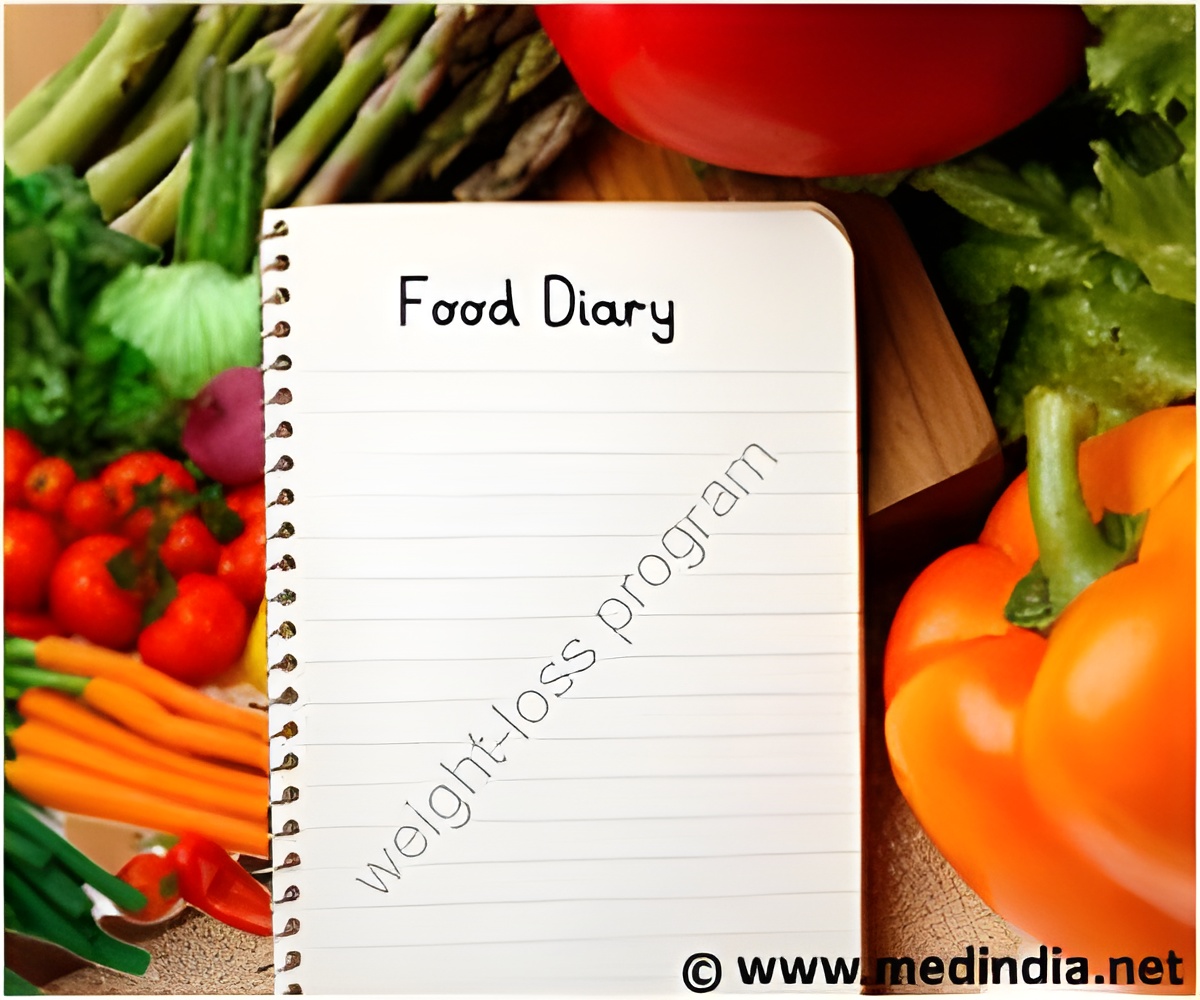The regime of chomping away to your heart's content one day, and virtually starving yourself the next is the latest diet craze known as intermittent fasting or alternate-day dieting ,

After a month eating normally five days a week and eating just 600 calories the other two days, Mosley lost nearly a stone, reduced his body fat by about 25 percent and improved his blood sugar and cholesterol levels.
According to scientific data, along with helping to shift pounds, this alternate-day dieting can help us live longer and reduce the risk of diseases such as cancer, diabetes and even Alzheimer's.
Now a book on the subject, 'The Alternate Day Diet', is on Amazon's list of best-selling diet books, while on internet forums, fans of the plan are swapping tips for the best low-calorie meals for fast days.
However, the regime has drawn criticism from nutritionists who believe that any weight loss on the diet would not be sustainable - and claim that it could even trigger eating disorders.
"The idea that you have a very restricted diet on your "fast" days and can eat whatever you like on your "feed" days isn't something I'm very comfortable with," the Daily Mail quoted Zoe Harcombe, author of 'The Obesity Epidemic' book, as saying.
Advertisement
While every dieter will be used to hunger pangs, the side-effects of such extreme calorie restriction can be even more unpleasant.
Advertisement
"So if you're only eating a quarter of the calories you need, you can expect to experience symptoms associated with low blood sugar. Anything from feeling light-headed and having shaky hands to feeling irritable and lacking concentration," Harcombe said.
The diet can also cause digestive problems.
Followers of this diet are encouraged to increase their water consumption on low calorie days and if they don't, they can find themselves constipated, with all the associated stomach cramps and bloating. Despite such concerns, many swear by the plan.
Source-IANS













